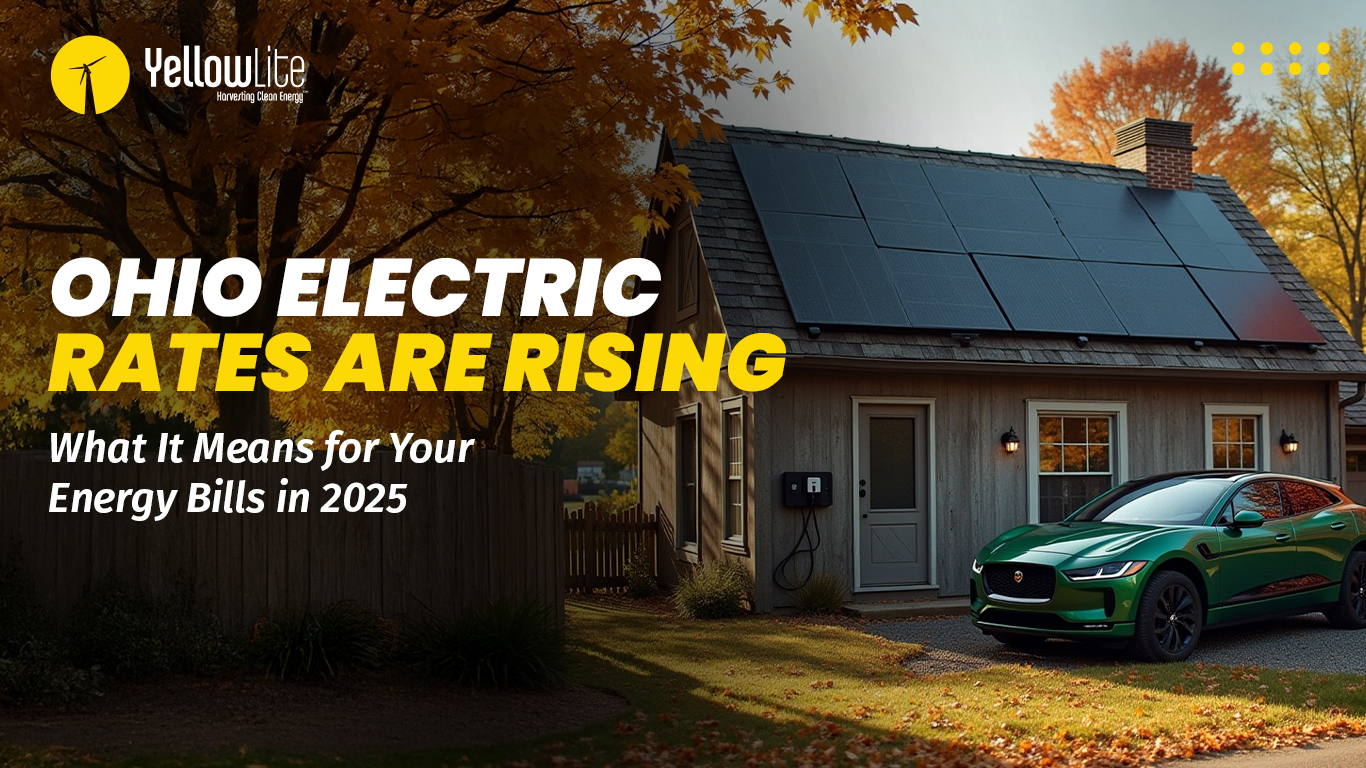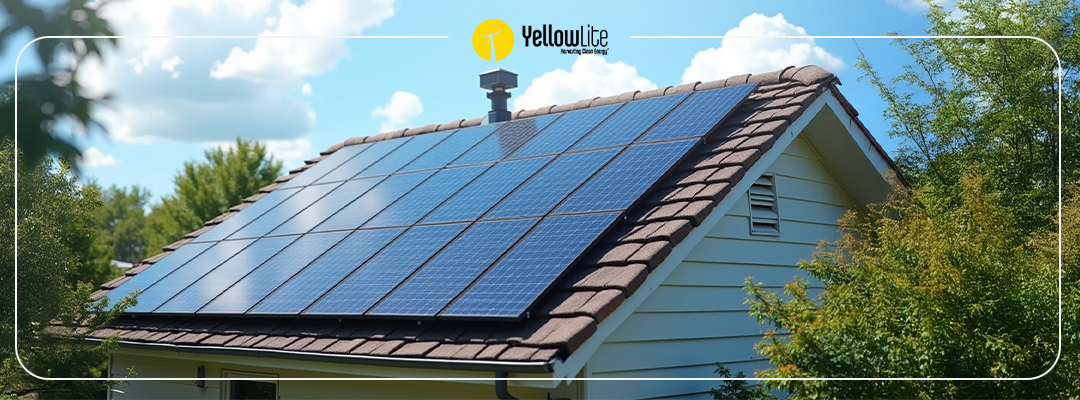Now that you understand what the federal solar tax credit is and how it works, you likely have more specific questions, like how to claim the credit yourself and what it covers. To learn the answers to these questions and more, read on!
What Does The Federal Solar Tax Credit 2022 Cover?
The federal solar tax credit (2022) applies to “qualified expenditures” and allows you to reduce your general tax liability. In simple terms, this means that you can calculate the estimated amount of your claim based on the expenses below:
- Preparing your building for installation, including performing service upgrades to existing electric panels and replacing part of the roof before installing the solar system itself
- Installing wiring to the solar system
- Assembling and installing the solar system
- Adding solar photovoltaic cells or panels
- The costs of labor for any on-site preparation, installation, assembly, and more. This includes developer and permitting fees as well as inspection costs.
- The cost of any equipment like wiring, mounting materials, and inverters
- Sales taxes on certain expenses
Right now, the solar federal tax credit (2022) is a one-time credit. One of the best features of this credit is that you can carry any excess expenses over to the next year if you can’t use it all when you initially file.
For example, imagine that you only owed $6,000 in taxes but received $7,000 in solar credit. You will then pay $0 in taxes for the year that you claimed the credit. You’ll also get to reduce your next year’s taxes by the remaining $1,000.
How Can I Claim The Federal Solar Tax Credit In 2022?
If you’re ready to take advantage of the federal solar tax credit (2022), but you're unsure where to start, you’re not the only one.
The first step you should take is making sure you check all of the boxes when it comes to the eligibility requirements listed. Remember that if you are leasing your solar system, you are not going to be eligible for the federal solar tax credit (2022) even if you meet all of the other requirements.
Once you’ve double-checked that all of the eligibility statements apply to you, it’s a good idea to talk to a tax professional about how claiming the tax credit can affect you.
Once you’ve spoken with a tax professional, the next step is to fill out the IRS 5695 form and add the required information to the form 1040 that you complete at the end of the year.
After completing the form, attach it to your federal tax return.
Click the link for instructions on how to fill out this form.
Frequently Asked Questions
Below are some commonly asked questions related to the federal solar tax credit (2022)
Will I get a refund if the solar tax credit exceeds my tax liability?
No, the federal solar tax credit (2022) is a nonrefundable tax credit. However, if you don't use all of your credit, you can carry over any amount that you don't spend to the following year.
Can I use the federal solar tax credit (2022) for the alternative minimum tax?
Yes, you can use the federal solar tax credit either for your federal income tax or for the alternative minimum tax.
Will there be an alternative solar tax incentive after 2023?
Any new solar tax credit would need an act from congress. While it's always a possibility, it isn’t something that anyone could predict accurately. Of course, if anything changes or if the tax credit is extended, we will be sure to let you know.
Can I claim the credit even if I don't own a home?
You can still claim the federal solar tax credit (2022) even if you don't own a home, but only under very specific conditions. To be more specific, you have to either be a stockholder at some kind of cooperative housing unit or a member of a condominium complex in order to be eligible.
Can I still claim the federal solar tax credit if I don't connect my system to the grid?
You don't have to be connected to the power grid in order to claim the federal solar tax credit. You just need to have a Solar System that’s generating electricity for your residence.
Can I claim the federal solar tax credit if my solar panels are not installed on my roof but are on the property?
Your solar panels don't have to be installed on your roof in order for you to claim the solar tax credit, but they do need to be generating power for your household.
Yellowlite is ready to help answer any of your solar questions. Contact us to learn about our services, or schedule a consultation to start your project!



